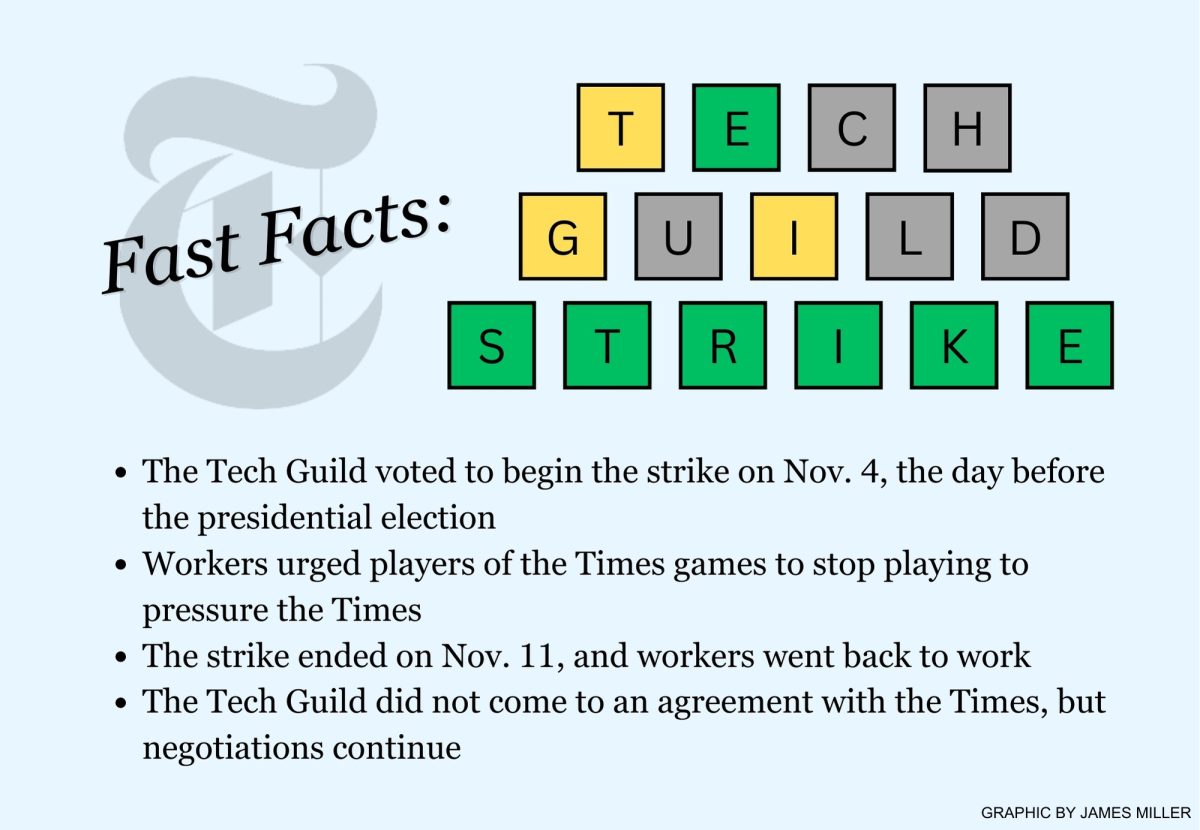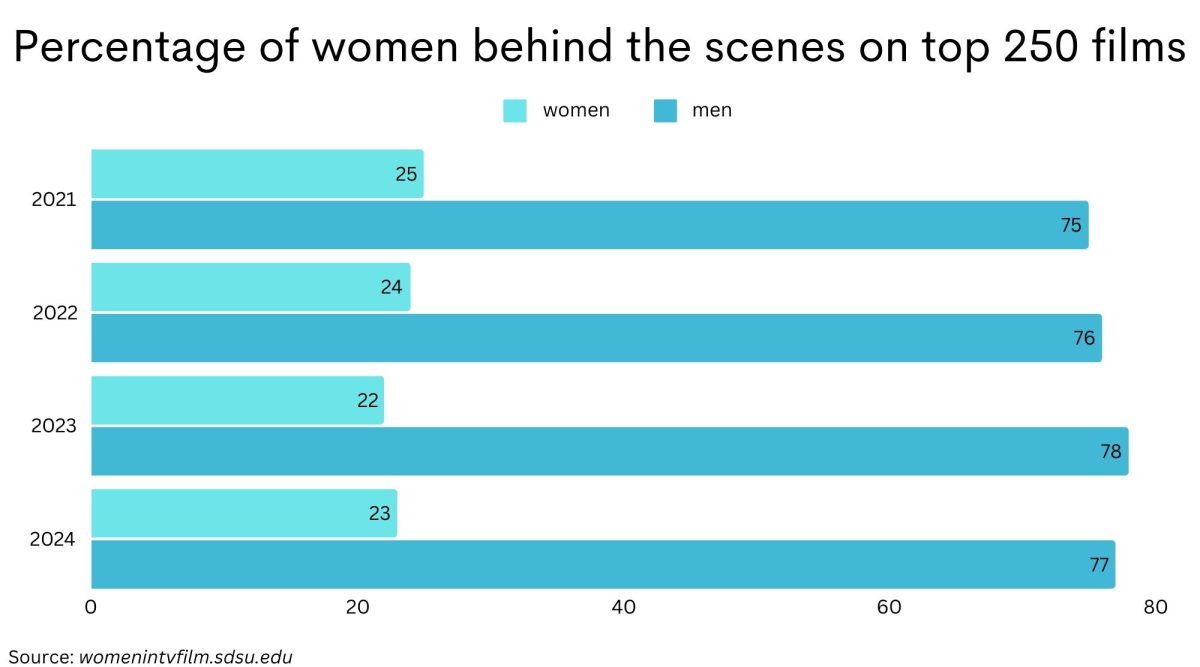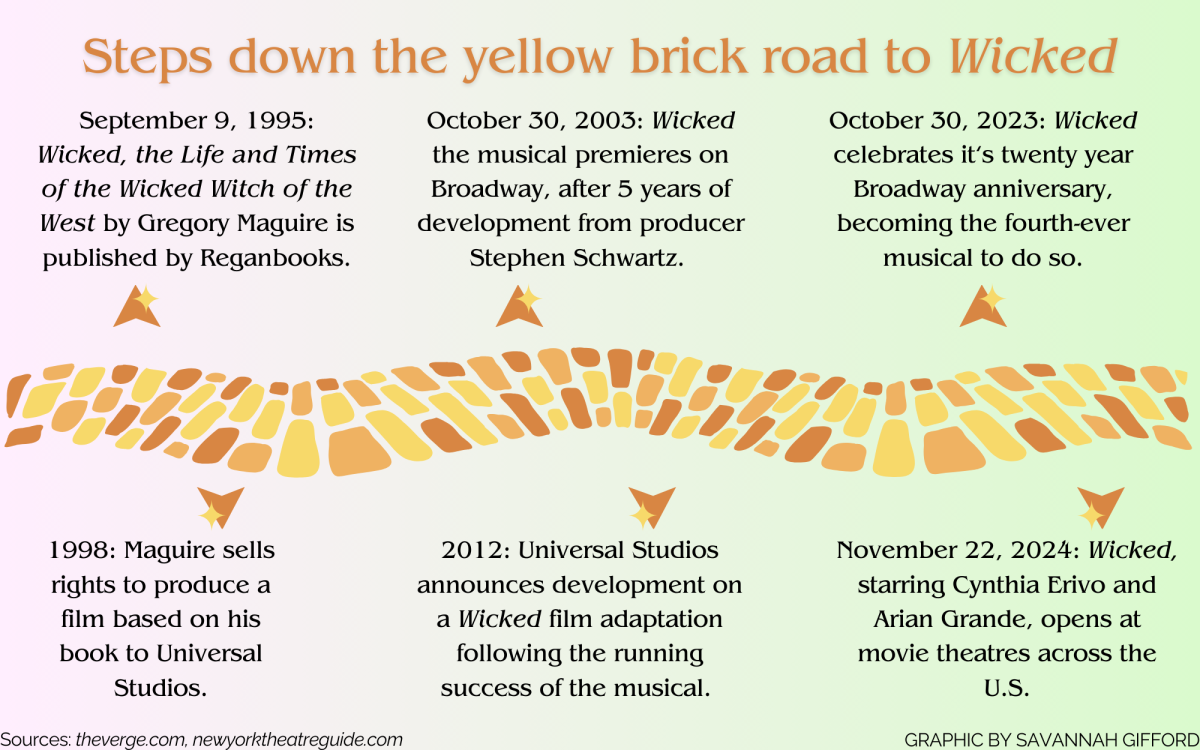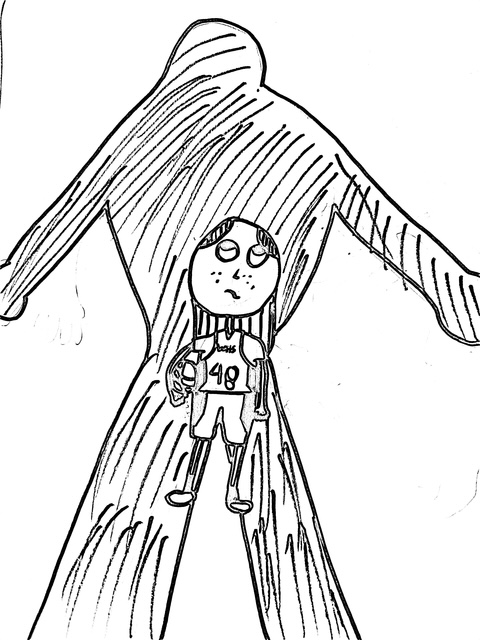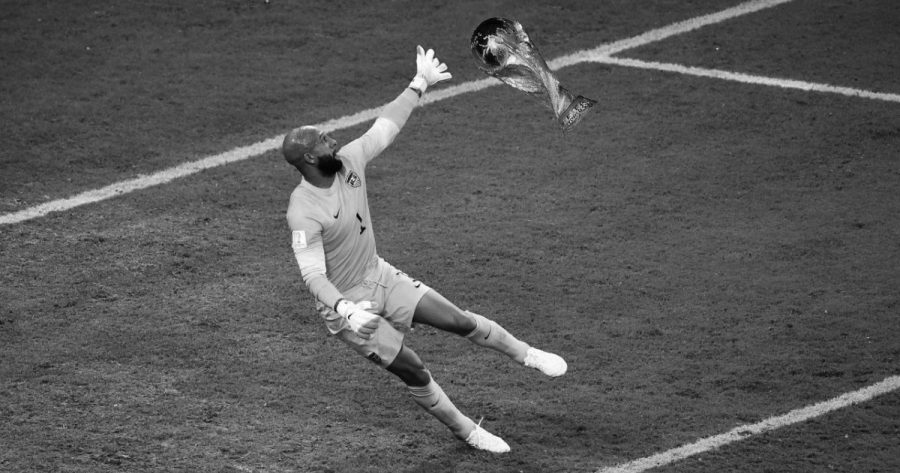Nate Brenner ’19
For the first time since 1986, a year where Top Gun was the number one movie in America, the United States men’s national soccer team failed to qualify for the FIFA World Cup.
The USMNT has made immense strides improving the program in recent years. They advanced out of the World Cup group stage in both 2010 and 2014, and as an avid fan of the team, watching Landon Donovan’s goal against Nigeria in 2010 to bring the team into the knockout round was one of the greatest moments in my sports life.
On the other hand, watching this year’s team lose to Trinidad and Tobago and miss World Cup qualification was easily one of the worst.
The USMNT struggled under former German manager Jurgen Klinsmann after losing in the 2014 World Cup knockout round to Belgium. After losing in previous tournaments like the Copa America and the Gold Cup, the USMNT lost its first two World Cup qualifications in November 2016 to Mexico and Costa Rica. The team decided to fire Klinsmann and hire Bruce Arena, an American manager who previously coached the USMNT from 1998 to 2006.
The future looked bright when Arena took over, as he immediately brought the team from the bottom of the World Cup qualifying table into third place. After defeating Panama 4-0 on Oct. 6, everyone believed that the US would earn a spot in the World Cup, considering that they only needed to draw a last place Trinidad and Tobago team that had nothing to play for.
However, this assumption was proven wrong, as the USMNT lost 2-1 to Trinidad. Thanks to wins from both Honduras and Panama along with the loss, the United States were left without a bid to play in the 2018 World Cup in Russia.
Although Arena called the loss a “blemish” after the game, there is no way to describe it other than a pure embarrassment. After 31 years of success, an uninspiring performance from the USMNT emphasized the glaring holes in American soccer.
As a kid whose life revolves around sports, I looked up to star players from the USMNT like Landon Donovan, Clint Dempsey and Tim Howard; but with this loss, young kids will have to wait a long time to see their heroes on the biggest stage in sports, and it will inevitably take a big toll on the popularity and success of a sport that needs more recognition in the US.
It will take at least five years to see soccer be at the forefront of American sports again. A nation who went crazy rallying around the USMNT will now wait in the darkness as its soccer program wakes up from this dreadful nightmare and fixes the problems that need to be addressed, on and off the field.
As bad as that may sound, these problems are not ingrained into the program forever. Change is possible, and although it will take some time, a dramatic turnaround has been done by other countries around the world.
Take England for example, who was embarrassed in 1953 after a 6-3 loss to Hungary which knocked them out of World Cup qualifying. However, the loss led to massive change in the English Football Association, and they rebounded from the loss 13 years later by winning the 1966 World Cup.
Or Germany, who are currently the defending champions of the World Cup. The German national team exited the 1998 World Cup early, and the German Football Association rebuilt the entire structure of youth soccer within the nation in response.
After extensive research, the German FA found that young players who were not in the academy programs of professional German clubs struggled due to the lack of strong coaching throughout youth programs across the country. The German FA spent millions to completely revamp the country’s youth soccer program, which became known as the Ten Year Plan.
The talent produced from the Ten Year Plan was staggering, as Germany won the 2014 World Cup and now possesses one of the greatest national soccer teams around the world.
Investing millions to rebuild the youth program is far from an impossible task for the United States. Last year alone, the United States Soccer Foundation invested $4 million in coaching development and $20 million alone in youth development, according to the organization’s 2017 fiscal budget plan.
The USSF needs to do what the England and Germany Football Associations have done to overhaul their respective soccer programs. The USSF needs to start fresh and get rid of current president Sunil Gulati, who used over $300,000 in the USSF budget for personal expenses last year. Arena left his mess behind and resigned on Oct. 13, so there is no reason as to why Gulati shouldn’t be next.
This course of action will take years, even decades to complete, but it is a necessary path to rectify the wrongs within American soccer so that the program can become one of the best in the world.



